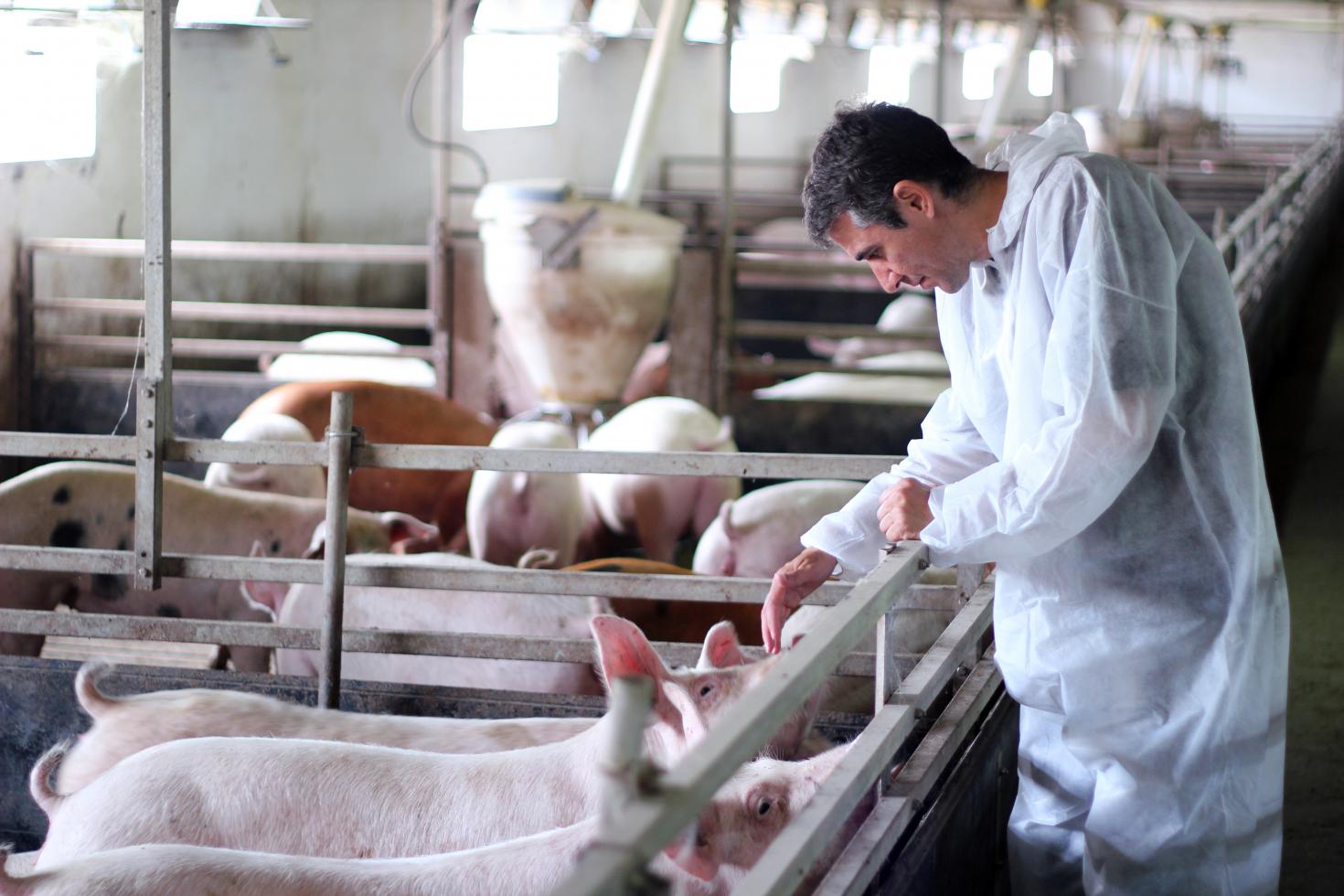29 countries define common positions in order to have greater input in the development of standards for the upcoming OIE meeting.

San Jose, 18 May 2017 (IICA). Delegates from 29 countries in the Americas attended a meeting, the first of its kind, in Costa Rica to harmonize their positions on animal health and to bolster their participation in the international standard setting process of the World Organization for Animal Health (OIE).
OIE standards are key components for establishing and maintaining conditions that promote productivity, profitability, and sustainability in the livestock sector. In addition, these standards facilitate the international trade of animals and their by-products, improve the security and safety of animal-originated foodstuffs, provide guidance for the control and elimination of diseases, and improve animal well-being.
According to Robert Ahern, Leader of Agricultural Health and Food Safety (AHFS) at IICA, the meeting helped to clarify the standards review process and created a space for comparing perspectives and defining common positions that will enable the region to have a stronger impact when voting on standards.
During this activity, held at IICA Headquarters, discussions focused on proposals for modifying standards in the Terrestrial Animal Health Code of the OIE. Topics of discussion included safety of commodities of animal origin, swine viral diseases, glanders and animal welfare. These positions will be presented during the week of May 21 at the World Assembly of Delegates of the OIE.
“The World Assembly is where the standards that are applied in all countries are adopted, and it is the place where each nation can vote through the national delegate,” stated Jaime Romero, an AHFS specialist at IICA.
During this process, IICA played the role of coordinator in technical matters related to the standards. “By acting as a neutral partner, IICA is functioning as an intermediary to facilitate the setting of a uniform agenda that will benefit each country in the Americas,” stated Horrys Friaca, an AHFS specialist in the Institute.
Both Romera and Friaca highlighted the importance of keeping each country engaged and organized on these issues; for this reason, they expect to hold similar meetings twice a year and schedule them according to the review processes of the OIE standards.
“IICA maintains its commitment to support its Member Countries on these issues; we have a long history of helping the national services to develop and implement standards for plant health and food safety, and I know that we will achieve the same success with respect to animal health standards,” added Ahern.
More information:
Robert Ahern, Leader of the Agricultural Health and Food Safety Program, IICA











